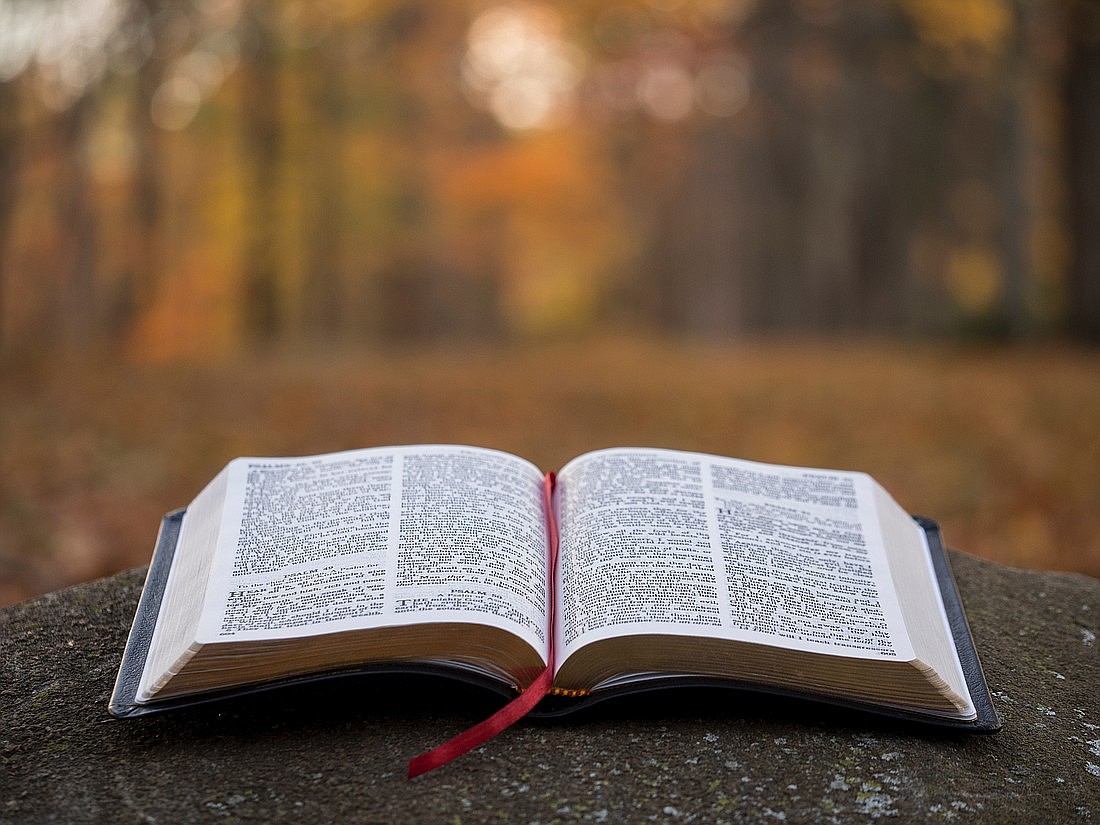July 17, 2024 at 9:31 a.m.
‘I will give you shepherds after my own heart’
Pope St. John Paul II quoted in the opening line of his great 1992 encyclical on priestly formation, the prophet Jeremiah, “I will give you shepherds after my own heart” (Jer. 3:15). It is this incipit translated from Latin which gives the encyclical its name, “Pastores Dabo Vobis.” In the opening paragraph, he then goes on to quote from Jeremiah 23:4, “In these words, from the prophet Jeremiah, God promises his people that he will never leave them without shepherds to gather them together and guide them: I will set shepherds over them (my sheep) who will care for them, and they shall fear no more, nor be dismayed.” Pope St. John Paull II uses this passage from the prophet Jeremiah as the standard for all those being formed for the priesthood. It is also held as the standard for leadership in all areas of ministry in the Church.
Jeremiah, in his prophetic utterance, is comparing and contrasting the failed kingship of then-King, Zedekiah, to the justice kingship of the promised Messiah. “As king he shall reign and govern wisely, he shall do what is just and right in the land.” (Jer. 23:5) Jeremiah gives this message to a nation that was in crisis due to failed leadership. The cries of the people were for a shepherd who would guide them in righteousness, justice and truth. The prophet Jeremiah is told who this shepherd will be, “In the days Judah shall be saved, Israel shall dwell in security. This is the name they give him: The Lord our justice.” (Jer. 23:6) In revealing the name of the messiah, God reveals the savior of Israel is God! God will take back his rightful kingship. However, in order for God to take back his kingship the people of Judah and all of Israel will have to endure being torn from the land, the outward sign of God’s covenant with his people, and be sent into exile in Babylon. Israel’s history would come to be marked by her journeys, from exodus to exile, then a new exodus for a new Israel led by a new king, the Lord of justice.
In Mark 6:7-13, when Jesus sent the disciples out two by two, he gave them authority over unclean spirits and to preach repentance. They were sent as shepherds to teach, sanctify and govern. When they returned, they reported all that had occurred. By sending them out two by two, Jesus wanted them to understand the needs of the people and to serve the people as shepherds formed after his own heart. But to serve, one cannot give what they do not have. So, to receive what they needed, they would have to rest and refresh themselves through prayer and reflection. The Lord himself took them away to a deserted place. In their being formed as shepherds, they came to touch the hearts of the people who longed for God’s justice and mercy. These people who followed the disciples back to Jesus were experiencing a new exodus. They came to recognize in Jesus’ message a fulfillment of Jeremiah’s prophesy, “In the days Judah shall be saved, Israel shall dwell in security. This is the name they give him: The Lord our justice.” (Jer. 23:6) Jesus feeds their spiritual hunger and will be moved to feed their physical hunger when he feeds the 5,000 in the succeeding verses. Through their being fed they come to recognize Jesus as the faithful shepherd of a new Israel.
As Jeremiah prophesies and the Lord Jesus reveals in his public ministry, only the Lord God can truly shepherd the sheep. Jesus, who is our good shepherd, provided rest and refreshment to the apostles on their return, “Come away by yourselves to a deserted place and rest awhile.” (Mark 6:31) Jesus invites us to come away with him and rest awhile.
In this year of Eucharistic Revival in the Church, we have an opportunity to come away with Jesus to a deserted place where only the Lord is truly present in his body and blood, the Mass. The Eucharistic celebration is our place to come away and rest with the Lord.
The Prophet Jeremiah promises that the Lord will send shepherds who will gather together and care for the flock. We as the flock have a responsibility and role in this as well. The flock are to pray to the Lord for good and faithful shepherds to serve. Also, the faithful are called to encourage those who are called by the Lord to encourage those who are called to the priesthood, diaconate, religious life and lay leadership to respond to the call. Is there a future shepherd or leader in your midst who needs encouragement.
- Tanzania’s Cardinal Pengo remembered as giant of faith, a ‘towering presence’ for Africa
- Bishops urge prudence, prayer, invoke Guadalupe’s protection as violence erupts in Mexico
- St. Francis’ relics open to public for first extended veneration in 800 years
- ‘We will grow in wisdom, holiness together,’ new bishop of Tucson, Ariz., tells faithful
- Pope renews ‘heartfelt appeal’ for ‘immediate ceasefire’ in Russia-Ukraine war
- Full text: Pope Leo XIV’s Angelus address given February 22, 2026
- God offers new possibilities, not prohibitions, with his invitation to love, pope says
- Find comfort, strength in Eucharist, pope tells attendees at LA Religious Education Congress
- Pope Leo XIV tells priests not to use AI to write homilies or seek ‘likes’ on TikTok
- Historical novel pitches Christian compassion against ideologies of hatred








Comments:
You must login to comment.